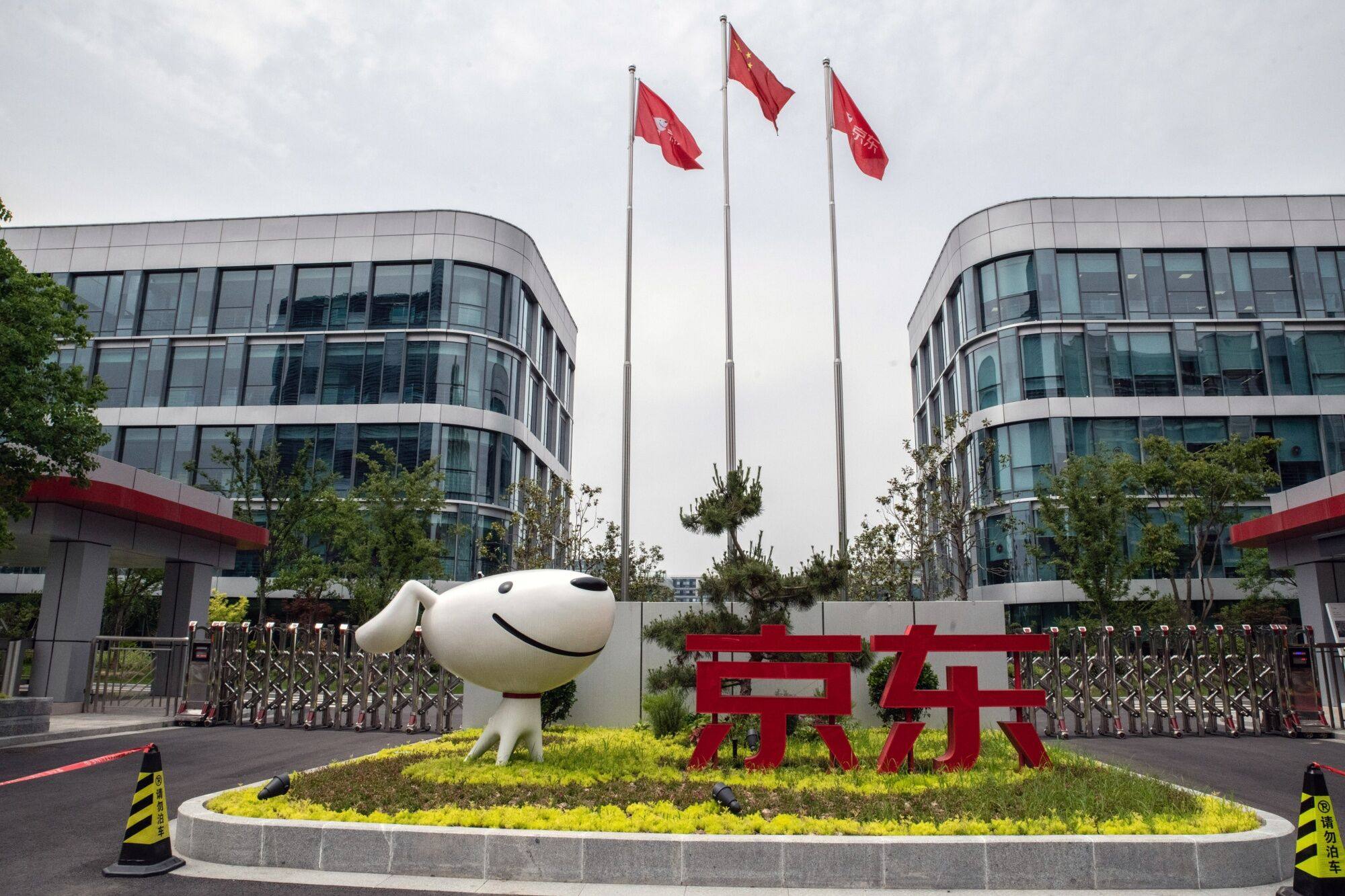
China e-commerce giant JD.com’s 10 billion-yuan subsidy scheme fails to impress; shares hit an all-time low, erasing US$35 billion of market value
- Shares of the Chinese e-commerce platform fell to HK$116.70 on Thursday in Hong Kong, a level not seen since it began trading in the city in June 2020
- Its shares underperformed those of rivals Alibaba Group, which have dropped less than 1 per cent in Hong Kong, and PDD Holdings, which have risen 13 per cent in the US
The effectiveness of the programme, which was targeted at boosting both JD.com’s self-operated online shops and storefronts set up by third parties on its platform, was questioned by analysts at a time when investor sentiment towards the sector has soured.
“Investors still need to pay attention to the subsequent impact of the billion-yuan subsidy and the low-price strategy on the profit margin of JD.com’s retail segment,” Yu Botao, an analyst at CSC Financial.
Shares of the Chinese e-commerce platform fell to HK$116.70 on Thursday in Hong Kong, a level not seen since it began trading in the city in June 2020. The sell-off has erased 45 per cent of its market value, or HK$270 billion (US$34.5 billion), this year. Its American depositary receipt traded near a four-year low of US$29.81 on the Nasdaq after slumping by 47 per cent year-to-date.

Its shares have underperformed those of rivals Alibaba Group Holding, which have dropped 0.4 per cent in Hong Kong, and PDD Holdings, which have risen 13 per cent in the US.
JD.com, the Beijing-based e-commerce operator founded by Richard Liu Qiangdong, has fallen out of favour among investors, as its 10 billion yuan subsidy scheme launched in March to win market share from Alibaba and budget shopping app PDD, failed to make an impact. Revenue from its retail business grew by the least among the three e-commerce rivals in the quarter ending in June, stoking concerns about rising operating expenses and falling profit margins.
“Its revenue has been under pressure because of weak consumption and the business restructuring,” said Wu Liuyan, an analyst at Kaiyuan Securities. “The low-price strategy has had a negative impact on the margin of its retail business.”
Revenue JD.com’s retail business grew by 5 per cent from a year earlier last quarter, trailing 66 per cent growth at PDD and the 12 per cent increase at Alibaba’s China retail sales in the span, according to US research firm Morningstar. It ranked JD.com as the least preferred stock among the three.
Alibaba is the owner of the Post.
Sceptics about China’s growth prospects and economic policies have also weighed on JD.com and other Chinese tech stocks trading in Hong Kong. While August data on industrial production and retail sales exceeded the consensus estimates, the numbers still languished and have not convinced investors that a strong recovery is ahead.
JD.com, Meituan and live-streaming platform Bilibili have shed over 6 per cent in the past month, underperforming the Hang Seng Index, which was flat.
“Sentiment on internet stocks has generally been weak recently,” said Shawn Yang Zixiao, managing director at Lotus Capital Advisors in Shenzhen.
For JD.com, the outlook remains challenging. PDD has been increasingly winning market share in the category of electronics and handsets, previously JD.com’s stronghold in e-commerce. It is also threatened by the growth of another rival, ByteDance’s Douyin, in the live-streaming e-commerce segment.
Total year-on-year revenue growth for JD.com probably decelerated to 4 per cent this quarter from 8 per cent in the previous three months, because of business restructuring and last year’s higher base, according to CCB International. Net margin may have dipped to 3.3 per cent from 3.8 per cent due to investment expenditure, the brokerage said.

